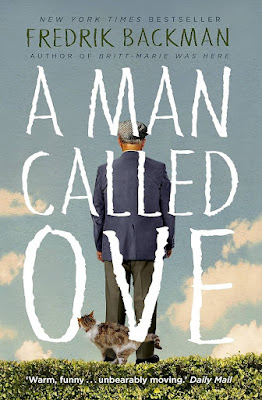Mrs Dalloway
Author: Virginia Woolf
Acquired in: May 2020
Acquired in: May 2020
The first time I heard about Virginia Woolf was in the literary section of a newspaper in an article detailing her aptitude for portraying the human psyche with all its pain. A few years later, I finally got my hands on an old copy of Mrs Dalloway. And? It was an insightful book, which I may have to read once again, perhaps when I am a bit older to understand better.
Clarissa Dalloway is a dissipated woman, unhappy with her life, yet trying to adjust to the way things turned out for her. Yes, that kind of difficult position is possible, such as when you leave something or someone you greatly love for the sake of what you think is right. The book takes us through what goes on in the minds of a handful of people, all who are remotely or greatly intertwined with this woman's life. The author takes us through Mrs Dalloway's memories, which come on suddenly following a visit by her former lover, Peter Walsh.
Stuck in a stagnant marriage in post-First World War London, she tries to make sense of her choice of a partner when she chose the reliable Richard Dalloway instead of the passionate Walsh or the wild Sally Seton. Parallel to Mrs Dalloway's reminiscing runs the life of Septimus Warren Smith, a soldier back home, traumatised by the war. The unhappy man, tortured by 'shell shock' as PTSD was referred to as back then, eventually ends his life when faced with the possibility of being institutionalised. Smith's story was a well-written account that reflects the state of many of those who survive a war and gives a glance into how psychological illnesses can tear you apart.
Woolf was mentally ill herself, and this may have helped her to depict these people without describing excessively, yet just enough to convey the depth of what the mind thinks. A sentence from Harry Potter and the Order of the Pheonix might not be amiss here,
"According to Madam Pomfrey, thoughts could leave deeper scars than anything else".




Comments
Post a Comment